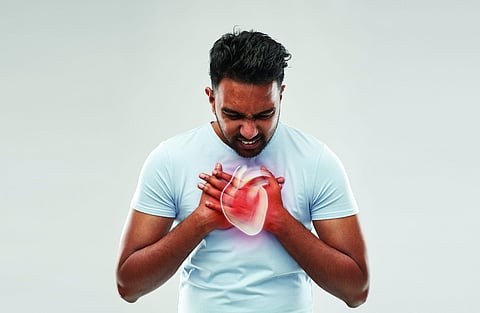
- HOME
- TRENDING
- PEOPLE
- COMMUNITY
- LIFESTYLE
- OUR PUBLICATIONSOUR PUBLICATIONS
- MASALA RECOMMENDS
- MASALAWEDS

Here's to good health!
By Ashima Sethi
Indians are notorious for putting things off, especially when it comes to the important things like our health. I get it, we get distracted, and although it's easy for us to nag our parents and our children into visiting the doctor, it's easy to forget to prioritise ourselves, too. With the sheer volume of different check-ups now available, I don't blame you for feeling overwhelmed, so here's Masala's recommendations on how to get started.
WHY ARE REGULAR CHECK-UPS IMPORTANT?
Even if you think you're the healthiest person in the world, having regular medical check-ups can help you keep track of your well-being. Whether it's quarterly, twice a year, or even annually, going through general health screenings can help doctors detect any possible ailments early on, improving your chances of treatment and potentially saving you from financial drain as a result of severe illness.
HOW DO THEY WORK?
When you get a general health check-up, a doctor will first ask you about your medical history, your lifestyle, and your family's medical history in order to identify if you're genetically predisposed to develop certain diseases. The doctor will also note your weight, diet, how much you exercise, and high-risk factors such as alcohol intake, smoking, and history with drugs. They will then recommend a series of initial tests to screen things like cholesterol, blood pressure, blood sugar, etc. before moving onto more in-depth tests for kidney function, lung function, bone density, and other indicators.
THE HEART
DIABETES
THE RISKS SOUTH ASIANS FACE…
FOR WOMEN
FOR MEN
EYESIGHT
HIV/STDS
BUT WHERE TO GO?
We're lucky that Thailand has incredible healthcare for affordable prices.
Here's a list of some of the best general health check-up packages available.